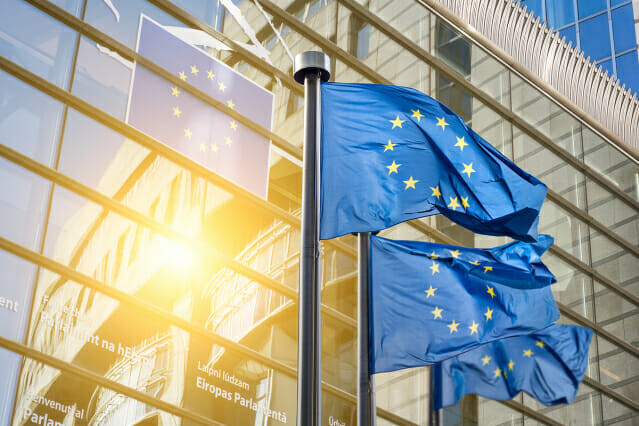
Brussels, Belgium – The European Union (EU) has announced it will implement a 15% reduction in steel import quotas, effective April 1st, in a move to safeguard its domestic steel industry. This decision comes as a response to concerns that US tariffs are diverting a flood of inexpensive steel, particularly from China, into the European market.
Stephan Séjourné, EU Commissioner for Internal Market, announced that this reduction in safeguard quotas across various steel products is the first step in a broader strategy to protect the EU’s steel and metal industries. The EU has been operating a safeguard system since 2018, imposing quotas on 26 categories of steel products and levying a 25% tariff on volumes exceeding those quotas. This safeguard, which has been extended twice, is scheduled to terminate in June 2026, in accordance with World Trade Organization (WTO) regulations. However, the EU is committed to developing new measures to ensure long-term protection for its steel sector.
This action is largely driven by the concerns of European steel producers, who are grappling with high energy prices and intense competition from Asian counterparts. There is a strong fear that as US tariffs drive up steel prices in the United States, a surge of cheaper steel from countries like Canada, India, and China will flood the European market.
Commissioner Séjourné emphasized the necessity of this measure, stating, “At a time when no one respects the rules of the World Trade Organization (WTO), citing national security, the EU cannot afford to let its industry collapse.” He further highlighted the strategic importance of steel for the EU’s defense industry, particularly in light of the ongoing war in Ukraine. “Steel is a crucial element in rebuilding the EU’s defense industry,” he said. “Without steel, there is no defense industry, no automotive industry.”
This decision underscores the EU’s commitment to protecting its strategic industries and ensuring its economic resilience in an increasingly competitive global market.
[Copyright (c) Global Economic Times. All Rights Reserved.]




























